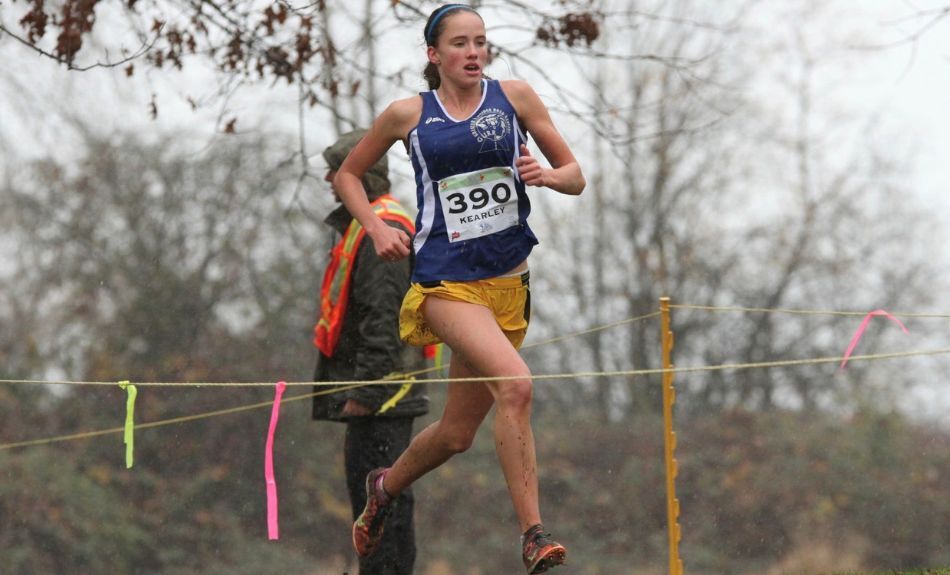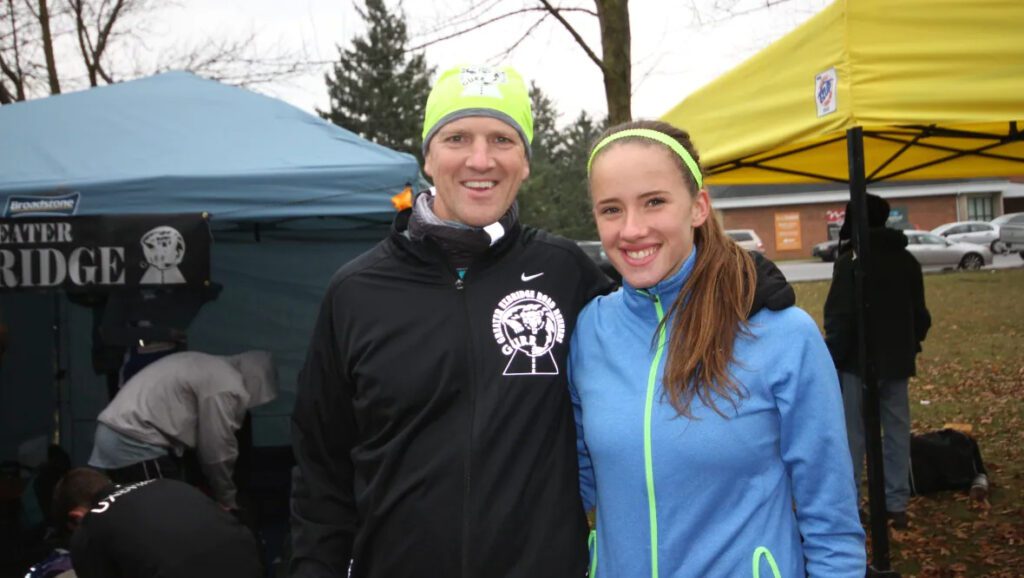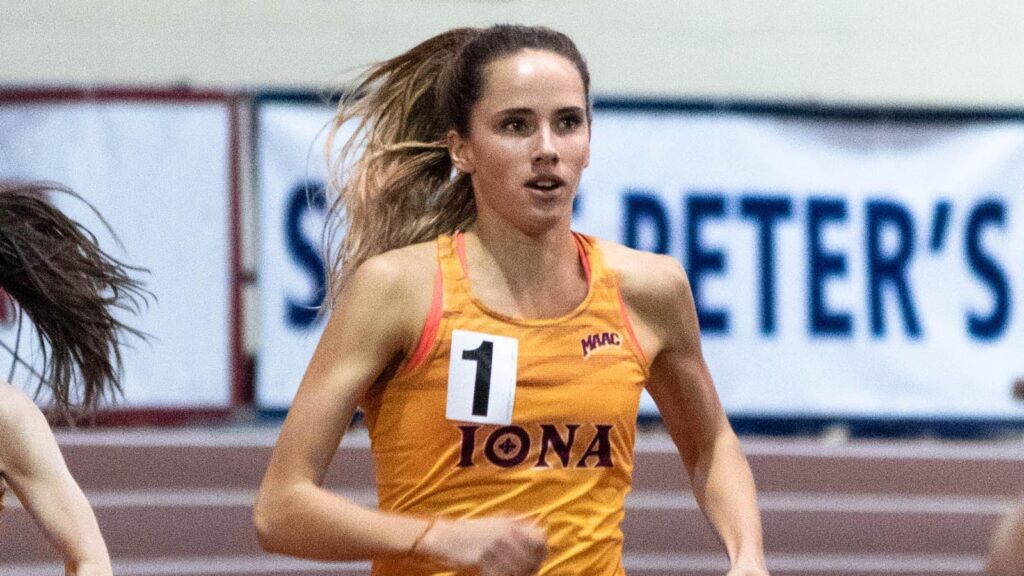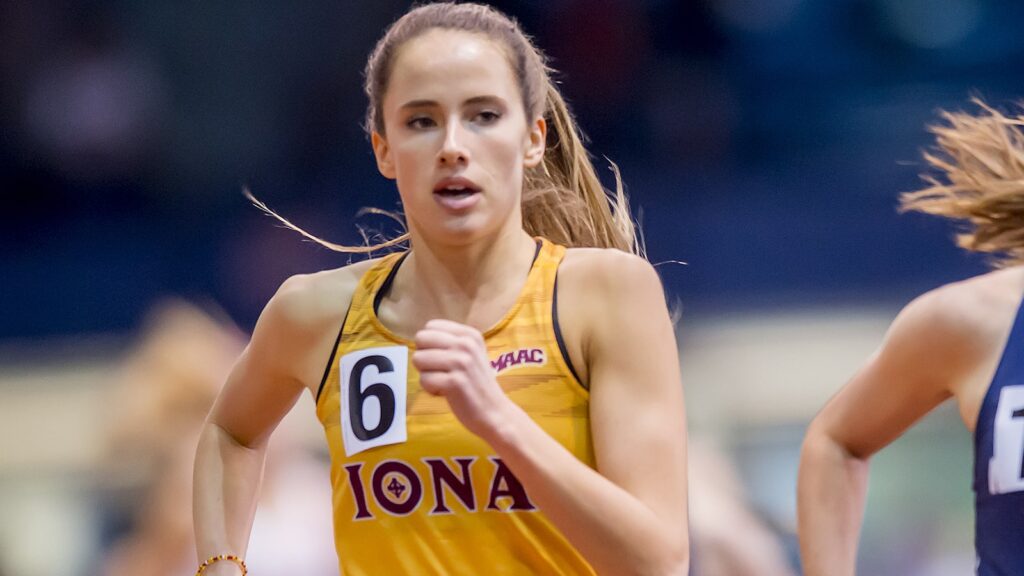Ontario runner speaks out about sexual abuse by her coach
Julia Kearley says, "I want my story to reach the running community because I think stories like this need to be talked about in our sport."
 Photo by:
Julia Kearley
Photo by:
Julia Kearley
On Tuesday the CBC reported that a former Ontario student-athlete has launched a multi-million-dollar lawsuit against her former high school running coach and the Durham District School Board (DDSB), alleging she endured years of sexual assault and abuse at the hands of her coach, Edward LaRocque. Julia Kearley, now 25, joined her high school cross-country team at Uxbridge Secondary School in 2011, when she was in Grade 9, which is when she claims LaRocque began grooming her for abuse.

Kearley described a gradually deepening relationship that eventually led to sexual intercourse by the time she was 16. Kearley says that LaRocque continued to exert control over her life even after she went to Iona College in New York State, but that she gradually came to see the relationship as abusive. In 2017 she broke off contact.

There are striking similarities in Kearley’s descriptions to other stories we have reported of sexual abuse by coaches, most prominently that of Dave Scott-Thomas, who was abruptly fired from his position as head coach at the University of Guelph in 2020 amid allegations that for years he had carried on a coercive sexual relationship with student-athlete Megan Brown. (Brown had since moved to B.C., married and had a family; Scott-Thomas received a lifetime coaching ban.)
Kearley generously agreed to answer our questions about the situation. “I want my story to reach the running community because I think stories like this need to be talked about in our sport,” she said. “For me, reading other stories surrounding sexual abuse in sport really helped me confront my own experiences, and helped me start to put words to it. I stand on their shoulders.”
CR: When you broke off contact in 2017, what kept you in love with the sport while competing at such a high level?
JK: I struggled a lot during my first couple of years there, due to the abuse. Because the running was so heavily interwoven with the abuse, my running performance suffered. I dreaded going for runs and competing; it seemed like everything was a trigger.
I think the team and the coaches at Iona College made all the difference. I now had space and time (without pressure) to just train, which helped me find my love for the sport again. I could trust my coaches [at Iona College], and I saw that there are great coaches who genuinely care about their athletes. Not just as runners but as human beings.
Despite the fact I was running slower in college than I had even been running as a 15-year-old, my college coaches were so patient and supportive (they did not know about the abuse). It would have been easy for them to put me on the back burner, but they didn’t.

The team was also amazing there. That group of girls I trained with were some of the strongest, most hardworking and compassionate women I know. I think combined with the team and coaches, I just felt really supported and was able to start tying positive experiences to running again. It’s still hard, though, and my relationship with running will never be the same. It is still a place that holds immense pain for me and always will, but I am grateful that I was able to find myself a bit in it again.
CR: What would you tell other young female athletes to protect themselves from abuse?
JK: I don’t think it’s a matter of young girls knowing what to look out for so that they aren’t sexually abused. Prevention needs to start way before that, and the onus is not on the children, it’s on the organizations.
I don’t know the answer, but there need to be clear pathways to reporting within organizations that are accessible at every level of the sport (i.e., from small clubs to national teams).
Grooming behaviours need to be identified, and there have to be pathways to bring up these concerns. The reason people may be apprehensive to report grooming behaviours is that they are disguised with good intentions and can look small from the outside (i.e., texting athletes, giving rides, spending lots of time with them, small gifts, becoming really close with friends/family around the victim). But in almost all cases of abuse, you can see the abuser showing all these grooming behaviours.
It’s disturbing for people to admit, but many times abusers are the coach/teacher that everyone loves.
If you or someone you know is experiencing grooming or abuse there are support and crisis lines you can reach out to in your province. Visit Ending Violence Canada for more information.


